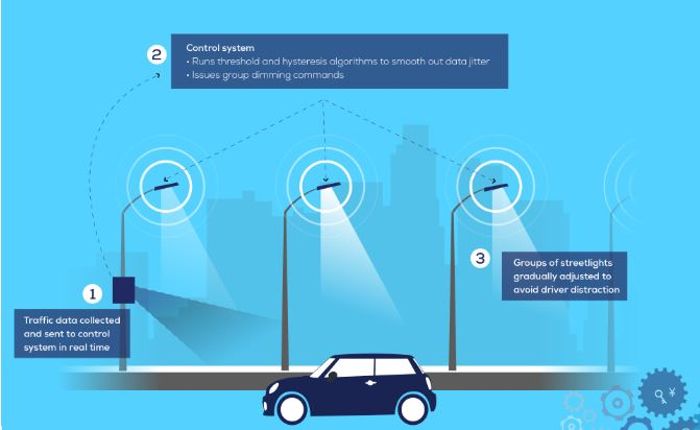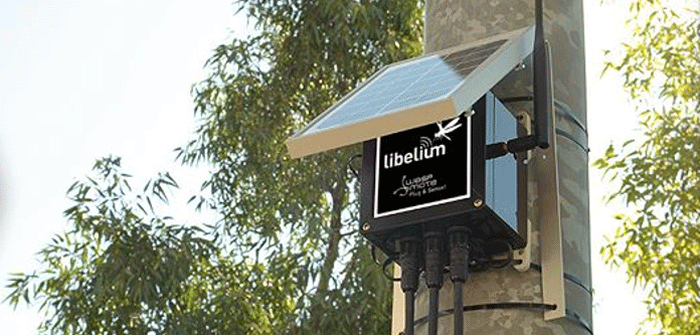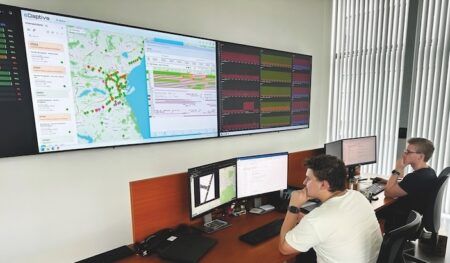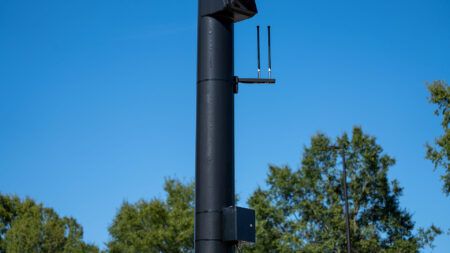UK-based developer of smart streetlighting and Internet of Things (IoT) data collection systems Telensa is working with Pennsylvania’s state capital to trial smart city technologies featuring smart sensors for traffic analytics, air quality and waste monitoring.
The City of Harrisburg originally deployed a Telensa smart streetlighting system in 2016 and saw the potential to use the existing physical and network infrastructure to roll out additional smart technologies.
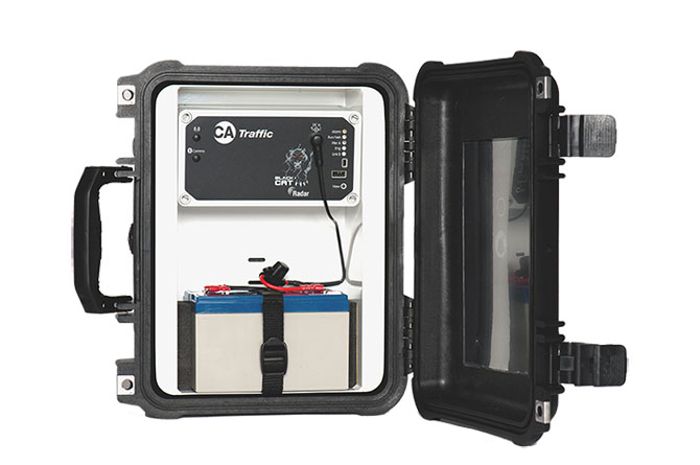 For the initial deployment, Harrisburg worked with Telensa to install over 4,000 connected streetlights spanning the whole city, leading to utility bill reductions of 60-70% for the city authorities. The city realized the additional value of their lighting infrastructure as a platform for smart city sensors, providing a power source and secure cloud connection, with the additional benefit that they were located in citizen-dense areas, yet positioned safely out of reach.
For the initial deployment, Harrisburg worked with Telensa to install over 4,000 connected streetlights spanning the whole city, leading to utility bill reductions of 60-70% for the city authorities. The city realized the additional value of their lighting infrastructure as a platform for smart city sensors, providing a power source and secure cloud connection, with the additional benefit that they were located in citizen-dense areas, yet positioned safely out of reach. 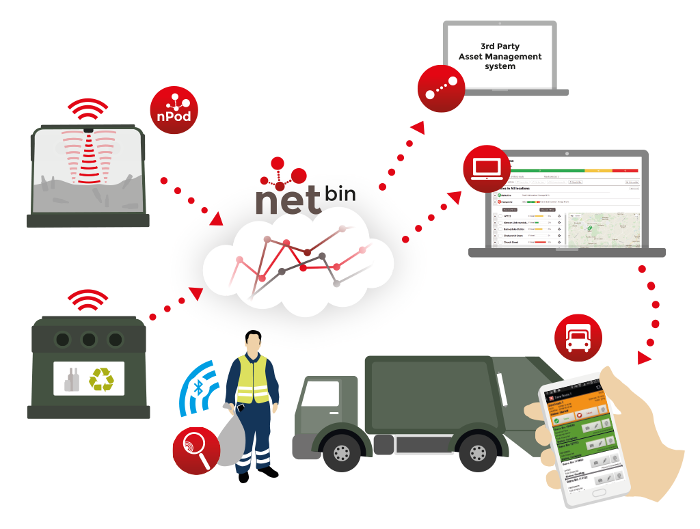
The smart city project is now deployed and sensors from Telensa’s partners have been installed, including:
- CA Traffic’s Black CAT Radar unit for traffic analytics;
- Libelium Waspmote Plug and Sense for air quality monitoring;
- FarSite netBin for refuse and waste bin monitoring.
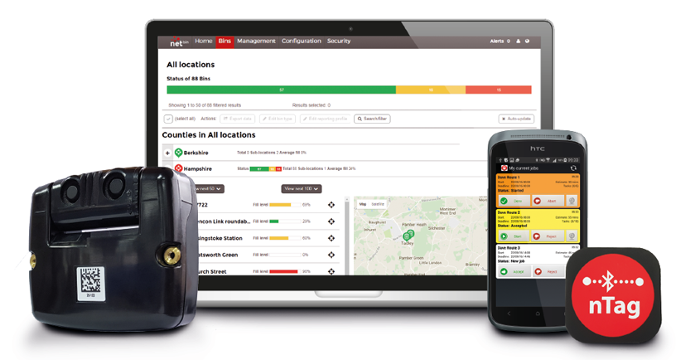
The data from these sensors is analyzed and combined with existing lighting data and displayed in a smart city dashboard. This provides custom visualization of multiple sensors, showing correlations across departments and driving insights for smarter, more efficient and joined up services.
Harrisburg is also set to test the use of technology for Traffic Adaptive Lighting, whereby groups of streetlights can be dynamically adjusted in the central management system using real-time, raw traffic data received from a radar-based sensor. This adaptive lighting results in energy savings of up to 30%.
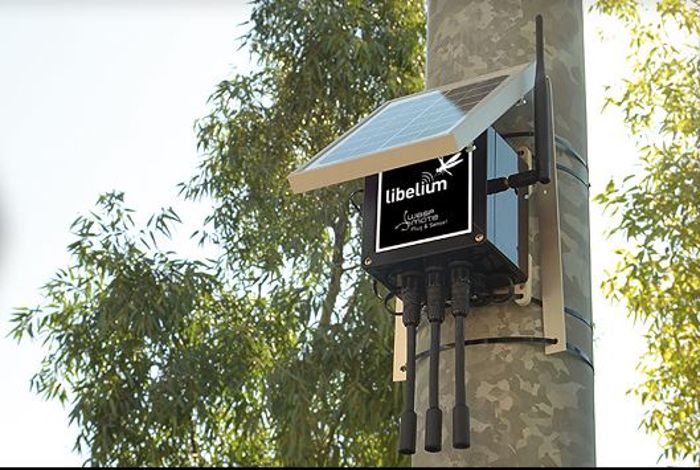
The smart city network uses Telensa’s PLANet end-to-end intelligent streetlighting system, consisting of wireless nodes connecting individual lights, a dedicated network owned by the city, and a central management application. The system pays for itself in reduced energy and maintenance costs, improves quality of service through automatic fault reporting, and turns streetlight poles into hubs for smart city sensors. With more than 1.7 million lights connected, PLANet is the world’s most popular smart streetlight system.
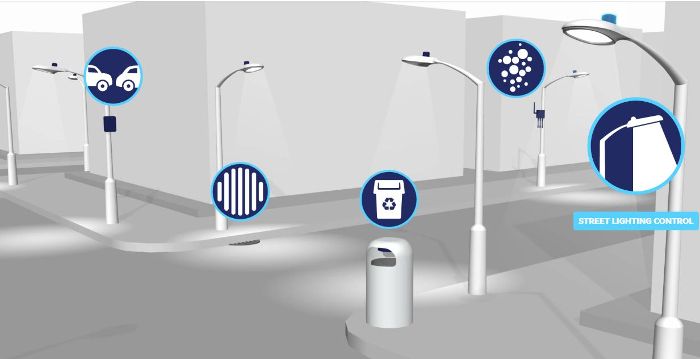
“We’re thrilled to be collaborating again and deepening our relationship with the City of Harrisburg to utilize the connected streetlight infrastructure by adding smart city applications that bring more value to the city,” said Will Gibson, Telensa’s founder and chief commercial officer. “We are excited to showcase the potential of this technology and the benefits it can bring to the citizens of Harrisburg and those of other cities around the world.”
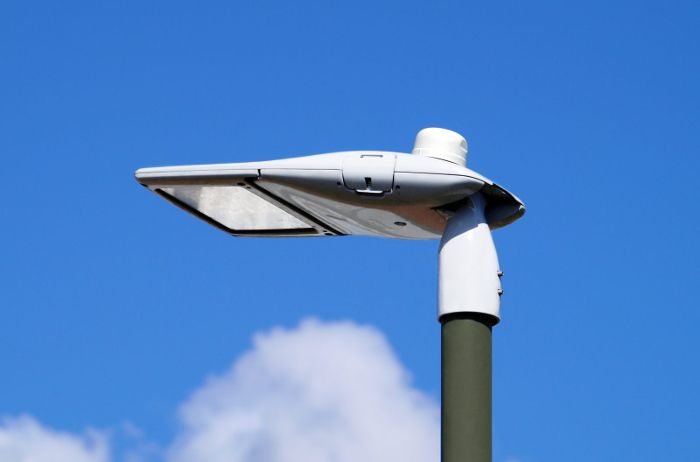 Harrisburg’s city engineer, Wayne S Martin, noted, “We live in a data-driven world, but we’re not going to monitor stuff just to monitor it; it has to make sense to the city! That’s why we have chosen these smart city applications to open up endless possibilities for us to improve city efficiency and save money; the dollars can really add up.”
Harrisburg’s city engineer, Wayne S Martin, noted, “We live in a data-driven world, but we’re not going to monitor stuff just to monitor it; it has to make sense to the city! That’s why we have chosen these smart city applications to open up endless possibilities for us to improve city efficiency and save money; the dollars can really add up.”
Mayor Eric Papenfuse added, “Use of smart technology to collect data could have profound benefits for the city. I look forward to seeing the results of this important test of smart sensors using the lighting network, and hope we can see significant savings and benefits.”
